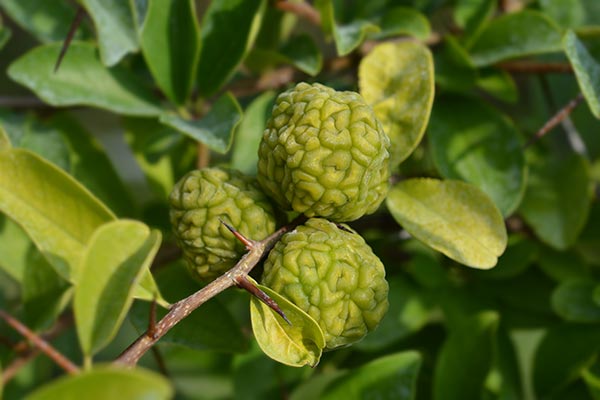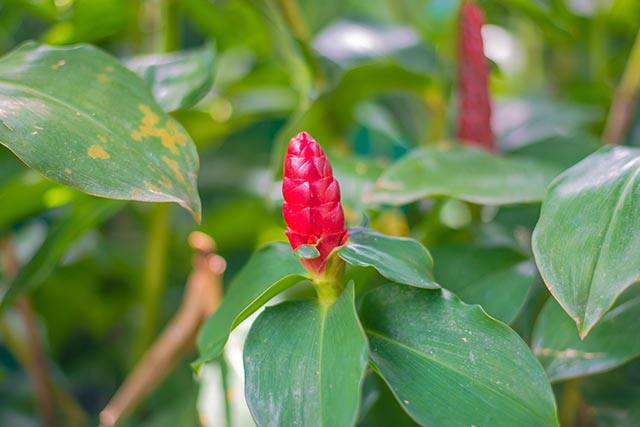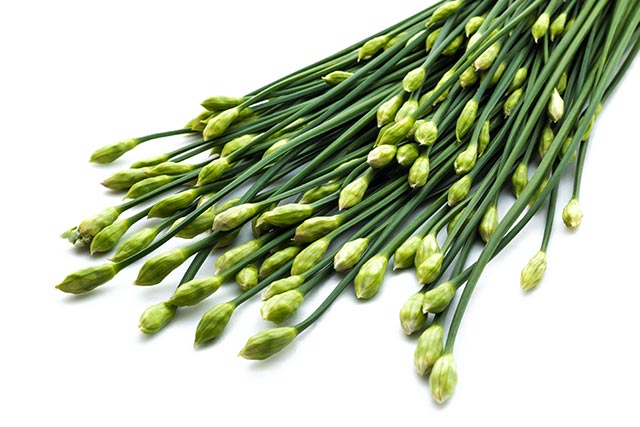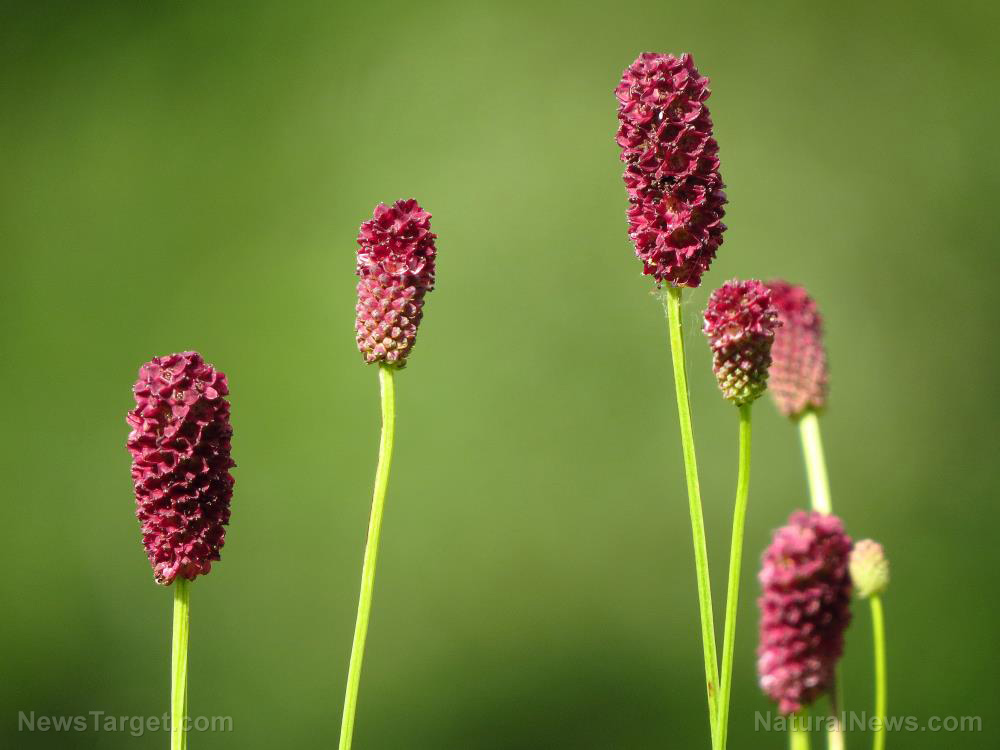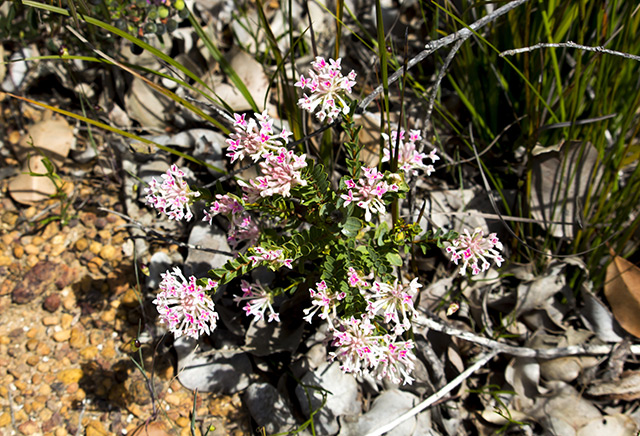Reduce the effects of a high-fat diet with agrimony
10/09/2018 / By Ralph Flores

Research has shown that the agrimony (Agrimonia pilosa), a flowering plant endemic to East Asia, can be used to treat obesity-related insulin resistance and metabolic syndrome brought about a high-fat diet. In the study, published in BMC Complementary and Alternative Medicine, South Korea’s Rural Development Administration, together with researchers from Seoul Women’s University, looked at whether agrimony can be used to treat impaired glucose tolerance (IGT) and understand the mechanism behind its anti-diabetes activity.
“A. pilosa is a healthful food for [humans] that may potentially be used to treat obesity-related insulin resistance and metabolic syndrome,” the researchers wrote in their report. “Although A. pilosa is [an] edible wild plant, there is an urgent need for research to investigate the impact on human health.”
The researchers selected seven-week-old male Sprague-Dawley rats and randomly assigned them to the following groups: the control group (who will be fed a normal diet), those that were given a high-fat diet (HFD), and those that were given an HFD and supplemented with agrimony aqueous extract. The rats were subjected to the diets for 16 weeks, after which the team collected blood samples from the heart and harvested organs such as the liver, fat tissues for tissue analysis.
Results indicated that rats that were given the agrimony aqueous extract had significantly decreased their liver weight, compared with those that only were given an HFD. The rats also had lower levels of tumor necrosis factor alpha (TNF-?) and (interleukin 6) IL-6, both of which are cell signaling proteins that denote inflammation in the body. However, adiponectin, an anti-inflammatory cytokine, was noted to have increased levels. The authors of the study posited that these effects, in general, were responsible for lowering insulin resistance and improving glucose resistance in the animals.
Adinopectin, in particular, is helpful in regulating blood sugar levels in the body. The protein is made by adipocytes that regulate lipid and glucose metabolism. Aside from having anti-inflammatory activity, adiponectin is known to positively affect the body’s response to insulin. In the study, the researchers noted that the agrimony extract protected the HFD-fed rats from insulin resistance, a common complication of these diets.
In terms of its physicochemical properties, the researchers noted the presence of phytochemicals such as apigenin glucuronide (21.81 percent), apigenin hexose (19.46 percent), and luteolin glucuronide (13.03 percent), which also contain anti-inflammatory activity and could also contribute to the positive effects of agrimony on insulin resistance.
From the findings, the researchers concluded that agrimony could be used to treat insulin resistance and metabolic syndrome, which are the common precursors to chronic conditions such as diabetes and cardiovascular disease. “A. pilosa may potentially be used to treat obesity-related insulin resistance and metabolic syndrome,” they added.
Insulin resistance is just a step away from diabetes
The results of the study above bring an important aspect of diabetes at the forefront: prediabetes and its accompanying signs. To note, insulin resistance refers to the state where cells in the body are unable to effectively use insulin, thereby leaving increasing amounts of glucose in the bloodstream. It is one sign of prediabetes, the condition where blood sugar levels are above normal but not high enough to be qualified as diabetes. While there are certain factors that predispose a person to the condition, and ultimately, Type 2 diabetes (including family history, ethnicity, and age), other factors are preventable and could be addressed with lifestyle changes, including a healthy diet, increased physical activity, and weight management. (Related: Improve your insulin resistance with resistance exercise.)
In addition, those who have a combination of high blood pressure, abnormal cholesterol levels, and a large waist size (a condition known as metabolic syndrome) are also prone to prediabetes.
If you’re out of luck finding agrimony in your region, don’t fret. There are more herbs that can help prevent, or even treat, insulin resistance. Learn which plant is best for you by following Herbs.news today.
Sources include:
Tagged Under: Agrimonia pilosa, Agrimony, alternative medicine, anti-diabetes, antioxidants, cancer treatment, diabetes, glucose tolerance, herbal medicine, Herbs, high-fat diet, insulin resistance, natural cures, natural medicine, obesity, Prediabetes, remedies
RECENT NEWS & ARTICLES
Herbs.News is a fact-based public education website published by Herbs News Features, LLC.
All content copyright © 2018 by Herbs News Features, LLC.
Contact Us with Tips or Corrections
All trademarks, registered trademarks and servicemarks mentioned on this site are the property of their respective owners.


